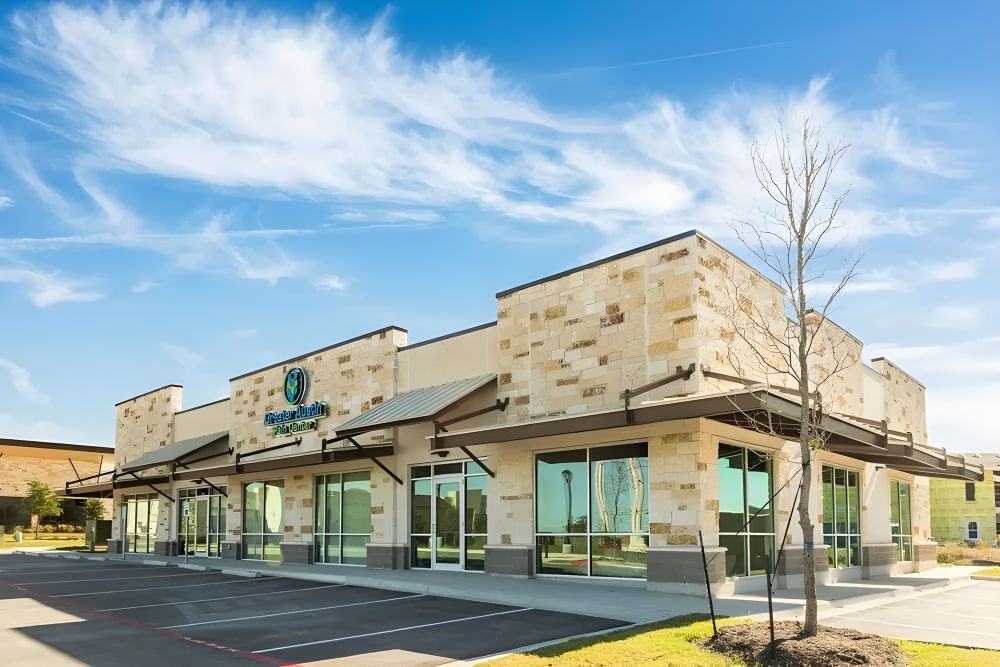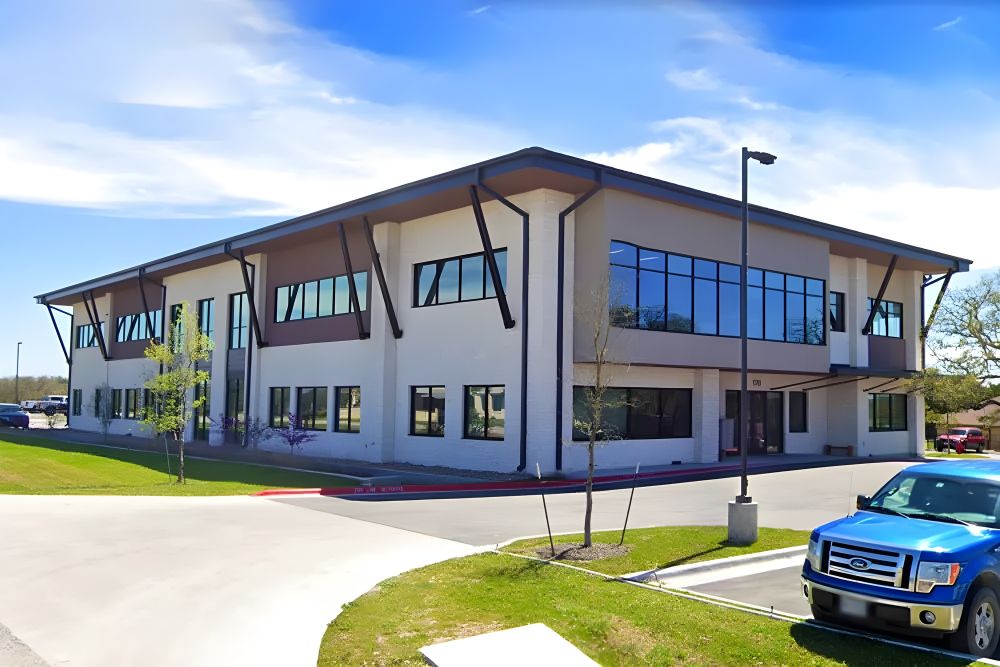Pain Management for Diabetes and Neuropathic Pain
August 1, 2024
.jpeg)
Diabetes mellitus and diabetes insipidus are chronic conditions that affect millions of people worldwide, leading to various complications over time. One of the most debilitating complications is neuropathic pain, which can significantly impact a person's quality of life. Effective pain management is crucial for these individuals to maintain their daily activities and overall well-being.
Understanding Neuropathic Pain in Diabetes
Definition and Symptoms
Neuropathic pain, also known as nerve pain, occurs when nerves are damaged or dysfunctional. Unlike other types of pain, neuropathic pain is often chronic and can be severe. Common symptoms include burning, tingling, shooting pain, and numbness, particularly in the hands and feet. These acute and chronic pain symptoms can interfere with sleep, mobility, and even emotional health.
Difference Between Peripheral Neuropathy and Neuropathic Pain
Peripheral Neuropathy
Peripheral neuropathy is a condition that results from damage to the peripheral nerves, which are responsible for transmitting signals between the central nervous system (the brain and spinal cord) and the rest of the body. In the context of diabetes, prolonged high blood sugar levels can lead to the deterioration of these nerves, particularly in the extremities such as the hands and feet, which can lead to diabetic peripheral neuropathic pain.
Symptoms of painful diabetic neuropathy include numbness, tingling, weakness, and a loss of sensation in the affected areas. This condition can progress over time, leading to significant functional impairments and an increased risk of injuries due to the diminished ability to sense pain or temperature changes.
Neuropathic Pain
Neuropathic pain, on the other hand, is a specific type of pain that arises as a direct consequence of nerve damage. While peripheral neuropathy can cause neuropathic pain, the two are not synonymous. Neuropathic pain is characterized by sensations such as burning, stabbing, electric shock-like pain, and heightened sensitivity to touch or temperature. It is often chronic and can be severe, significantly impacting a person's quality of life. In diabetic patients, neuropathic pain is a direct result of the nerve damage caused by uncontrolled blood sugar levels. Still, it focuses more on the painful sensations rather than the broader sensory deficits in peripheral neuropathy.
Risk Factors
Risk factors for developing neuropathic pain include poor blood sugar control, long duration of diabetes, obesity, and smoking. Managing these risk factors is essential in preventing or reducing neuropathic pain.
Medical Treatments for Neuropathic Pain
Medications
Several medications can help manage neuropathic pain. Over-the-counter pain relievers like acetaminophen and ibuprofen can provide temporary relief but are often insufficient for severe pain. Prescription medications, including antidepressants, anticonvulsants, and opioids, are more effective in controlling chronic pain. These medications work by altering how the brain perceives pain or reducing nerve inflammation to provide significant pain relief. However, they come with potential side effects, so using them under a doctor's supervision is important.
Topical Treatments
Topical treatments, such as creams and patches, offer localized relief for neuropathic pain. Lidocaine patches are commonly placed on the affected areas to numb them, providing temporary pain relief. These treatments benefit patients who prefer non-oral medications or need additional relief alongside other treatments.
Nerve Blocks and Injections
For severe neuropathic pain, nerve blocks and nerve injections can be effective. Nerve blocks involve injecting anesthetics directly into the nerves, which can provide immediate and lasting relief for painful diabetic peripheral neuropathy. Steroid injections reduce inflammation and pain in the affected areas. These procedures are typically performed by pain management specialists and can be a vital part of a comprehensive pain management plan.
Lifestyle Modifications
Diet and Nutrition
Maintaining proper diet and nutrition is vital for managing diabetes and neuropathic pain. Keeping blood sugar levels within target ranges can prevent further nerve damage. A diet rich in fruits, vegetables, whole grains, and lean proteins can reduce inflammation and support overall nerve health. Additionally, avoiding high-sugar and processed foods can help maintain stable blood sugar levels.
Exercise
Regular physical activity is beneficial for managing both diabetes and neuropathic pain. Exercise helps control blood sugar levels, improve circulation, and reduce pain. Recommended exercises for diabetic patients include walking, swimming, cycling, and yoga. These low-impact activities are gentle on the joints and can be adjusted to suit individual fitness levels for symptomatic treatment.
Stress Management
Managing stress is essential, as stress can exacerbate pain and complicate diabetes management. Techniques such as mindfulness, meditation, deep breathing exercises, and progressive muscle relaxation can help reduce stress levels. Incorporating these practices into daily routines can improve overall well-being and pain management.
Advanced Pain Management Techniques
Spinal Cord Stimulation
Spinal cord stimulation (SCS) involves implanting a device that sends electrical pulses to the spinal cord, blocking pain signals from reaching the brain. Spinal cord stimulators are particularly effective for severe, chronic neuropathic pain that doesn't respond to other treatments. The procedure and device are tailored to each patient's needs, and many report significant pain reduction and improved quality of life.
Peripheral Nerve Stimulation
Peripheral nerve stimulation (PNS) is an emerging pain management technique offering hope to individuals experiencing diabetes-related neuropathic pain. This minimally invasive procedure involves implanting a small device near the affected peripheral nerves, delivering electrical impulses to modulate pain signals.
PNS can provide significant relief by targeting specific nerves responsible for pain, improving patients' quality of life and daily functionality. Particularly beneficial for those who have not responded well to conventional treatments, PNS represents a promising option in the comprehensive management of diabetic neuropathic pain, reducing reliance on medications and enhancing overall well-being.
Contact Greater Austin Pain Center
Effective pain management for diabetes and neuropathic pain involves a multifaceted approach. From medications to advanced treatments and lifestyle modifications, various strategies can help alleviate pain and improve quality of life. Consulting with nerve pain specialists in Austin, TX, ensures personalized care and access to the latest pain management techniques for treating painful neuropathy. Contact us to explore different treatment options to find the best combination for your needs and take steps towards a pain-free life.

















